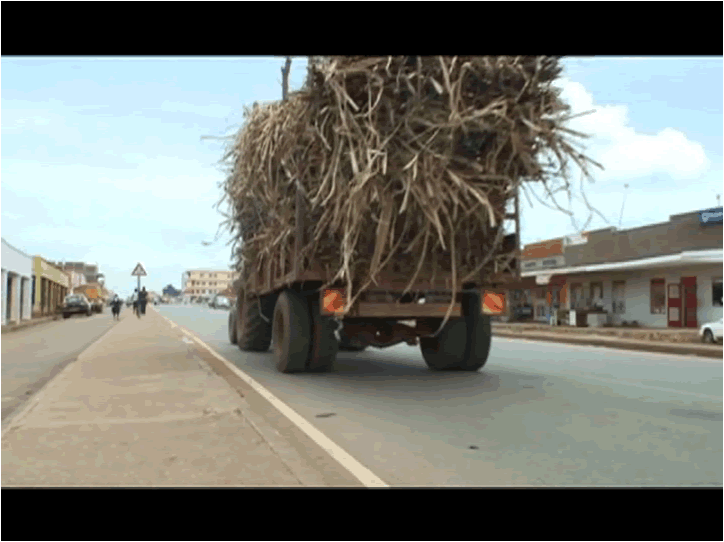Production Theory
Definition:
Production is a term used to mean any activity aimed at creating and availing goods and services to satisfy human wants. Simply, production is the creation of utility / satisfaction. The different types of utility are explained below:
Form Utility: This refers to the physical characteristics of a product which are capable of satisfying a human want. This type of utility is created by firms which change the product into a form desirable by man for instance, piece of cloth is turned into trousers, shorts, dress or shirt by a tailor to a form capable of satisfying a want. In this regard, tailors create form utility. Same applies to carpenters etc.
Place Utility: A good satisfies a human want
when it is in the right place. Place utility is therefore created by moving
goods from where they are produced to where they are wanted for consumption.
Hunters, fishermen and transport firms move hunted animal meat, fish and goods/ services respectively from where they
are made to where they are demanded by people for consumption (market). They
thus create place utility.

Time Utility: A commodity satisfies a human
want when if is made available at the time it is most required for use or
consumption. Organisations, warehouses and transport agencies make goods and
services available to people at times when they require them and so create time
utility.
Possession Utility: This is created by exchange because a person cannot enjoy the full power of satisfaction unless the commodity required is at his or her hands. So by possessing the good or service from another person the person acquires possession utility.
Conclusion:- The four major types of utility are very important. A customer or consumer needs a commodity that is in a desirable form and can only use it when it is in his/her possession at the right time and in the place convenient to him /her.